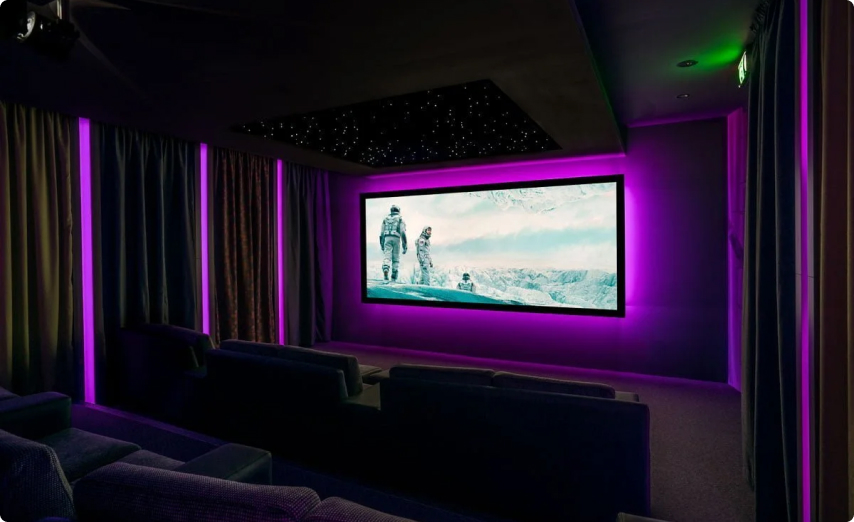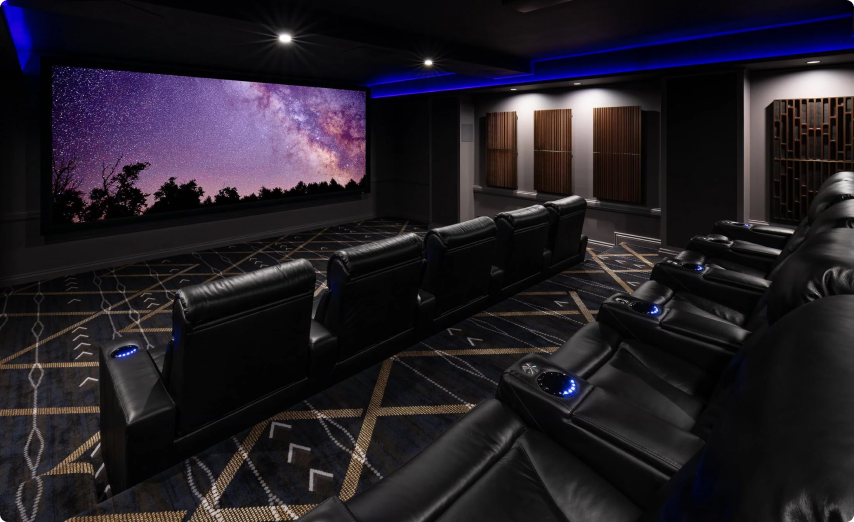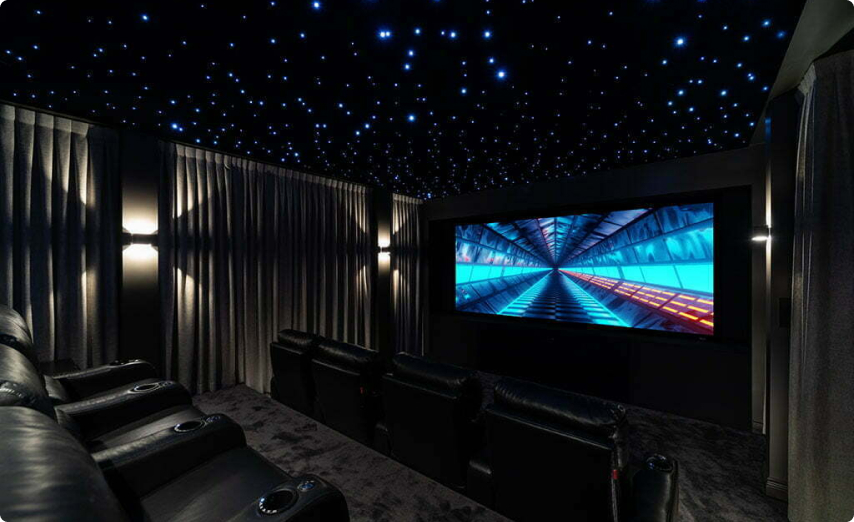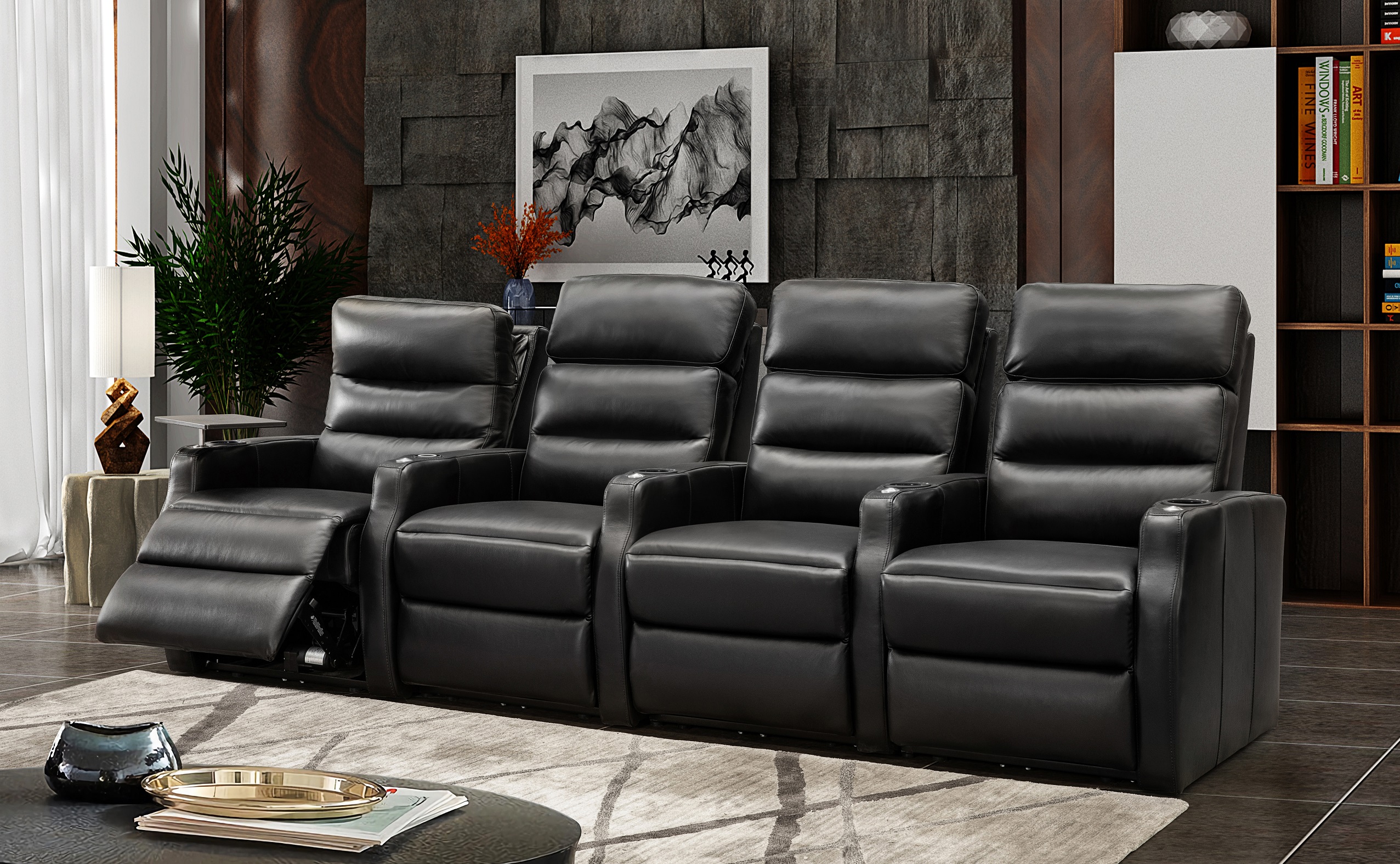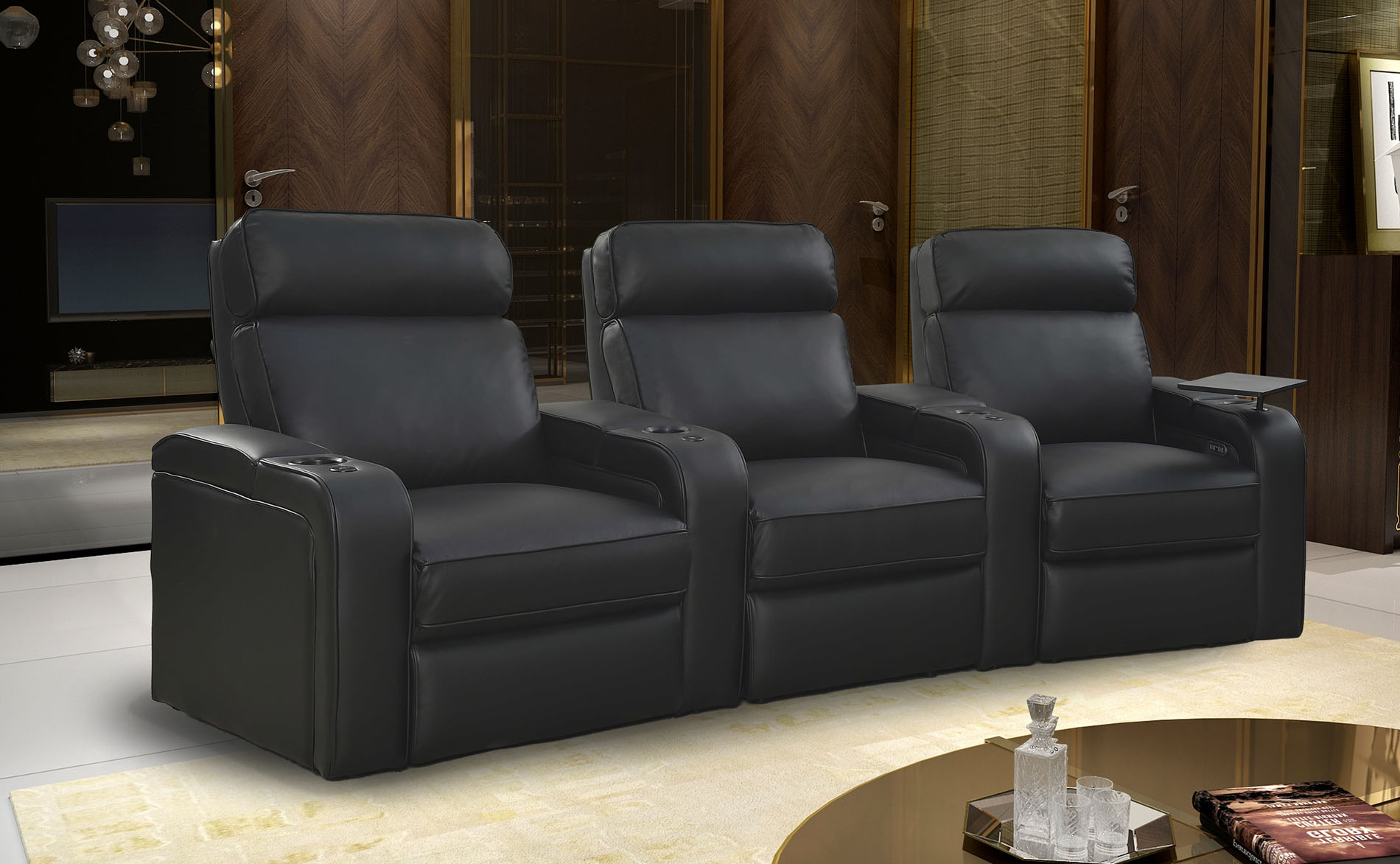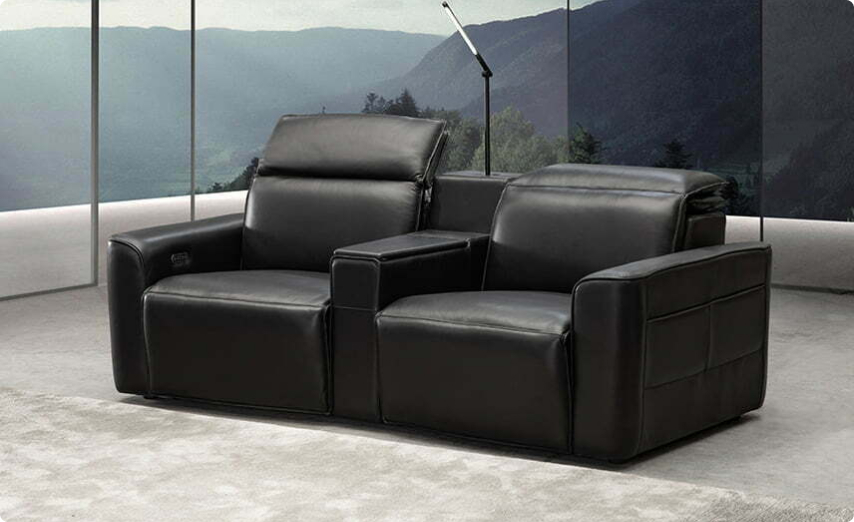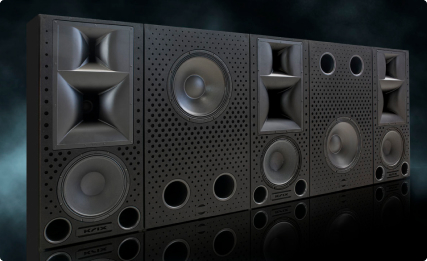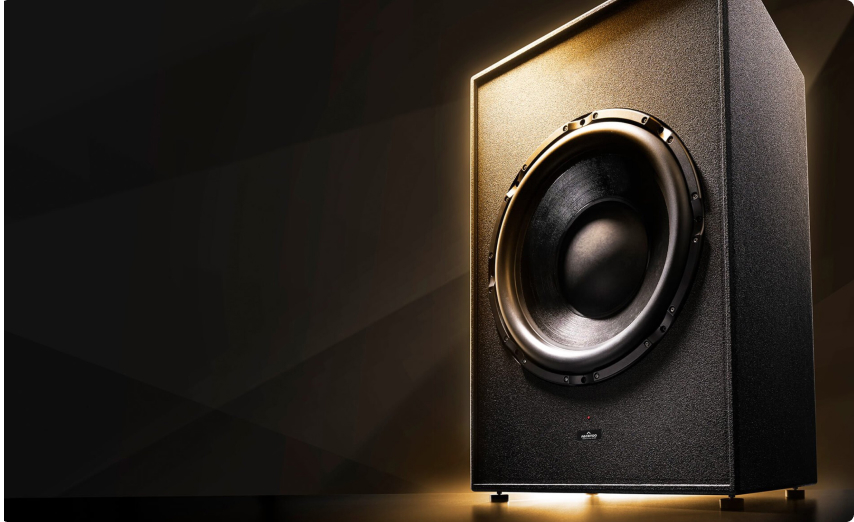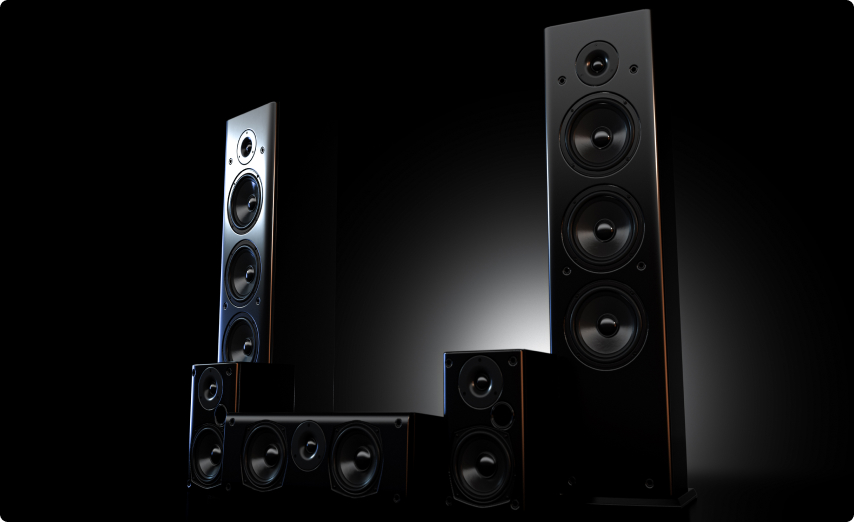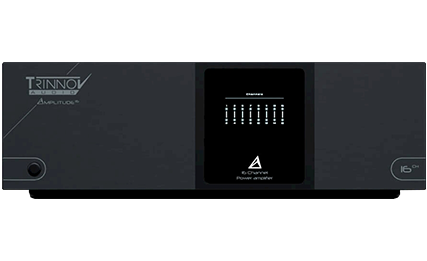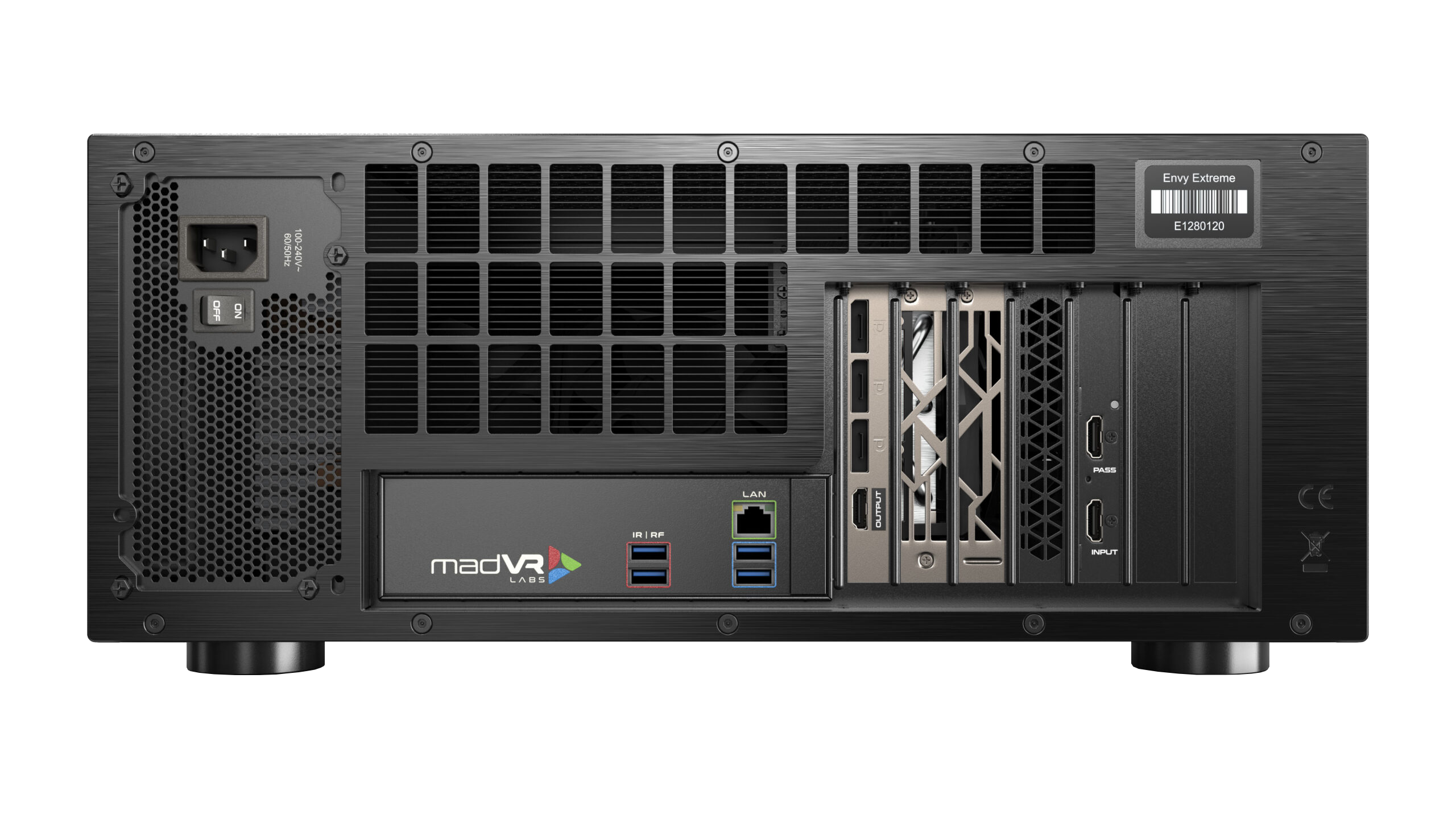Frequently Asked Questions
Our most
Common questions
Here are the answers to the most common questions we get asked over at The Digital Picture.
Home cinema is an ultra-high-quality audio and video installation that will endure the test of time. It is not a simple out-of-the-box system from an electrical retailer, but rather a complete entertainment system that is custom-designed for your home. We bring the excitement of the big screen into your home using proven professional cinema technologies and installation techniques.
Our designs are customised for your home and tastes and are installed and calibrated precisely to your room. You will never need to visit your local cinema again, because the result is a more powerful and focused system that will immerse you in the on-screen action.
There is no one-size-fits-all answer to this question. While there has been a lot written about room size, we find that in the real world, we are always faced with restrictions or ‘constants’ in room design that we cannot change.
At its core, home theatre design is all mathematics. There is no denying the laws of physics and this means that every room, regardless of its dimensions, will present some acoustics issues. It is up to your designer to work with the room dimensions so that any standing waves or other issues are either as minimal as possible or in a frequency range that can be remedied with room acoustic treatments.
For example, let’s say your room is 6.5m in length and, when combined with the room width and height, is found to exhibit acoustics issues throughout the lower sound frequency range. If we were to shorten the room slightly to 6.3m, the low-frequency problems may mostly disappear, leaving behind only a few issues that are easier to treat. This would be a good thing because the acoustics in certain rooms can be extremely difficult to remedy.
If we get the room dimensions right from the start, the rest of the project is far simpler – this is where professional expertise makes all the difference.
Immersive sound technology is amazing. Dolby ATMOS is just one of the latest surround sound formats available that allow the sound field to expand beyond the traditional 7.1 channels of speakers located around the listener. In our view, 3D immersive sound is the greatest advancement in home cinema since the very first Dolby Digital 5.1 systems were released.
In its most basic form, 3D immersive sound means that in addition to three front speakers, two side surround speakers and two rear speakers, you can now add up to four overhead speakers. The result is a system with moving sound that flows over and around you. This is a huge leap forward in what can be achieved in home theatre systems and it makes you feel as though you are inside the action. We are now using products and audio processors that allow us to install up to 32 speakers in your home cinema – just imagine the sensation of 32 speakers producing sound from every angle around you.
For further reading, refer to the Dolby and Trinnov Audio websites.
Home theatre projector screens are different to TV screens. TV screens display a radiated image lit from within the screen, whereas projection screens display a reflected image. The projector shines light onto the screen material and this is then reflected back to you. For this reason, you can typically sit closer to a projector screen than a TV.
When designing a home theatre room, we start with seating locations. Once we know how far back from the screen you will be sitting, we can then suggest a suitable screen size according to the ratio of screen width to seating distance. We recommend being careful when selecting a projector screen, as image brightness can reduce significantly if the screen is too large. Finding the right technology is a careful balancing act when it comes to home theatre design and we are here to help you get it right.
At least 70 percent of Hollywood movies are shot in an Ultrawide image aspect ratio, which is often referred to as CinemaScope or Anamorphic (2.35:1 or 2.4:1). Have you ever watched a movie on your TV and noticed black bars along the top and bottom of the screen? This is because the Ultrawide image is wider than the normal 16:9 TV screen and has been fit to the TV frame, resulting in the black bars.
To create the ultimate home cinema experience, we recommend using a CinemaScope screen to take advantage of the Ultrawide aspect ratio. This will allow you to watch movies at their full height and width without the black bars. We achieve this in one of two ways – either by fitting an Anamorphic lens to the front of the projector or by using a video scaler to reproduce the required aspect ratios on the screen. Both of these methods offer superior picture quality, image brightness and colour consistency in Ultrawide or regular 16:9 video modes.
We select each product to suit the project and objectives of each client. Each selection is based on the product’s ability to perform to the limits and the quality of its engineering.
Given that home cinema design is mostly mathematics, we rely on numbers to choose the right equipment. If our calculations tell us that a room requires a speaker of a particular sensitivity and power handling coupled with a particular power amplifier, that is what we will select.
Of course, we have favourite brands that we know are engineered very well and perform admirably, and we use those brands regularly. We want our systems to last and that is why we use brands that we know can stand the test of time. While you will be likely to upgrade certain components such as electronics and projectors when new technology arrives, the core of the system such as the cabling, speakers, seating and projection screen should be of excellent quality and easy to service.
Installation times depend upon your home cinema package. A typical Platinum cinema can be installed within a couple of days from start to finish. As our systems use highly specialised products and custom-made solutions, there is always a small lead time to get the equipment to your home, but once it has arrived, installation is swift.
Our more complex Cineluxe cinemas require careful planning and execution, as well as the manufacturing of custom fixtures and interior elements in the room. We have found that most Cineluxe systems are installed into new homes or renovations, so the timeframe is less critical. This allows us to invest our time in getting the fine details correct, ensuring you have a class-leading home theatre system.
Of course. While smaller rooms present issues such as screen size and projection distance, space for seats and acoustic treatments, we have experience in installing amazing theatre systems in small rooms. In fact, it is easier and more affordable to reach industry reference sound pressure levels (SPLs) with a sound system in a small room than in a big room. Take a look at our “Classic” cinema package for an idea of what is possible in a smaller space.
Most definitely – customised room designs are our specialty. We have an in-house design team that can create your dream room, with creative elements such as LED lighting, fabric walls, custom-made seating and concealed equipment. We design and project manage the room through to its completion and supply all the elements necessary to bring the system together. For design ideas, see our gallery of home theatres.
There are two main factors to consider if you want two rows of seats. Firstly, if you want reclining seats in the back row, your room must be large enough to provide walking room in front of the back row seats when they are reclined.
Secondly, it is also extremely important to have the seats and platform in the correct location in a two-row room. Each row of seats must be situated in a similar acoustic location so that each row encounters similar acoustic conditions. This makes it much simpler to fine-tune the sound because when you correct one row, the same corrections apply almost the same to the other row.
To be able to achieve this, we recommend a room length of 6m or longer for two rows, but if required we can design a system to work in less space.
Original 1080p or “Full HD” projectors had a horizontal resolution of 1,920 pixels whereas the latest 4K Ultra HD projectors have a horizontal resolution of approximately 4,000 pixels (thus the reference to 4K). This means that a 4K projector has four times the overall pixel count over the same area when compared to a Full HD projector.
What does this mean for you? Picture quality is much more detailed and colours in the latest projectors are vivid and full of contrast. With the 4K standard, we also have a new technology called HDR, which stands for High Dynamic Range. HDR offers an increased colour range, deep blacks and bright whites. To ensure the very best image quality is obtained, we calibrate each of our home theatre projectors.
Yes, some seats are much better than others. We currently offer four different brands of home theatre seating that are manufactured in China, the USA and Canada. We have found that the seats manufactured in the USA and Canada are of a higher standard than those made in China – the quality of the leather is higher, the seats are softer and more comfortable, the reclining motors are quieter and more reliable, and they look amazing.
With that said, however, all of our chairs are very sturdy and join together well to form a solid row of seats. We only supply seats that are made from 100% leather with no composite or ‘bonded’ leather and, most importantly, all of our seats are very comfortable.
We offer a range of home automation and remote control solutions that allow the entire system to be controlled wirelessly from one remote or even an iPhone or iPad. With one touch, you can turn the system on to the source you want to watch, dim the lights or control the air-conditioning.
Home cinema is our passion so we enjoy spending our time in professional training and reading about new technology and installation techniques. By doing so, we ensure we are continually the best at what we do.
All that reading also requires experimentation and we do this in our test rooms. When we discover a new way of installing or calibrating a product, we compare it to what we already know and if the results are found to be superior, we update our protocols. It is this approach and attitude that ensures each of our projects is a success.
Yes, we can. If you are in the process of designing or building a new home and have engaged an architect or builder, this is the best time to begin consulting us. Getting the right advice in the planning stage allows you to build your dream home cinema without the extra logistics and added expense that can come if you wait until your home is built. We are more than happy to liaise with your architect or builder to ensure that your room has all the appropriate foundations for your desired home cinema.
Still have questions?
Can’t find the answers you were looking for? Please get in contact with out friendly team and we’ll see how we can help!

